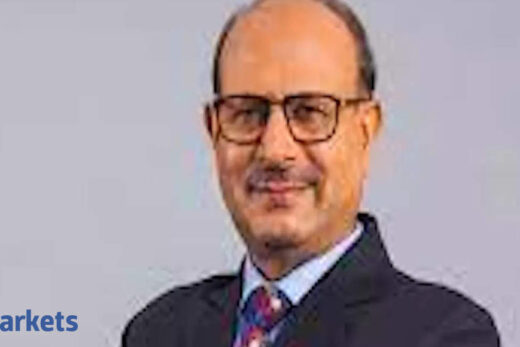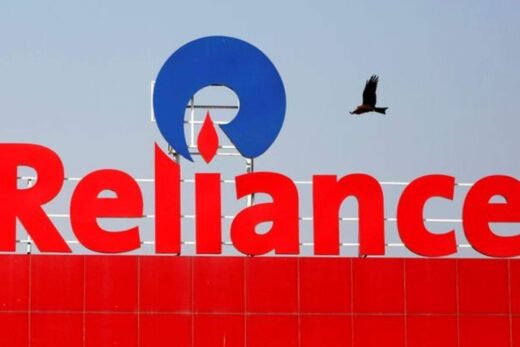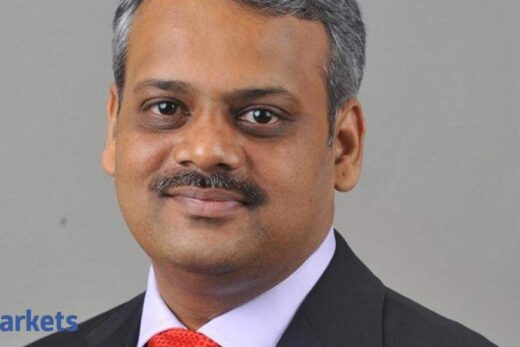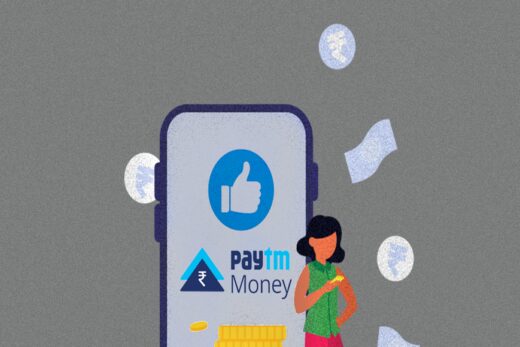Zomato began the pilot for its 45-minute grocery delivery service in a few markets, starting from Delhi NCR, in July. It operated on a marketplace model, allowing its users to order directly from stores. The pilot will end on September 17.
According to the email, a copy of which ET has seen, the grocery service had moderate success and faced a few challenges, including frequent changes in the inventory and gaps in order fulfillment leading to a poor customer experience. Fill-rate — the proportion of goods ordered that a platform can actually deliver — is a critical component of the online grocery business.
“At the same time the express delivery model, with under 15-minute deliveries and near-perfect fulfillment rates, has been getting a lot of traction with customers and expanding rapidly,” the email read. “We have realised it is extremely difficult to pull off such a delivery promise with high fulfillment rates consistently in a marketplace model.”
The grocery delivery initiative was overseen by one of the cofounders, Mohit Gupta, who is the head of new businesses at Zomato.
The company confirmed the development in a statement. “We have decided to shut down our grocery pilot and as of now, have no plans to run any other form of grocery delivery on our platform,” said a Zomato spokesperson. “Grofers has found high-quality product-market fit in the 10-minute grocery category and we believe our investment in the company will generate better outcomes for our shareholders than our in-house grocery effort.”
Zomato re-entered the grocery delivery space this year amid intensifying competition from incumbents such as Reliance Industries-owned JioMart, Tata group’s BigBasket and Swiggy’s Instamart, besides hyperlocal delivery platforms such as Google-backed Dunzo. Zomato
first experimented with grocery delivery during the nationwide lockdown in 2020, but shut it down after it failed to scale.
The larger grocery delivery space and express deliveries have seen increased competition, with
BigBasket planning to launch express deliveries soon, ET reported in July. Swiggy has
taken Instamart to 11 cities now from just two a year ago. Grofers, Instamart, Dunzo, and BigBasket also plan to perfect the express delivery model.
ET reported on May 7 that Zomato was
finalising a $100 million investment in Grofers at a valuation of $1 billion. When Zomato went public last month, it
maintained that the investment in Grofers was purely financial.
In an interview with ET,
cofounder Deepinder Goyal had said, “We don’t have much idea (about online grocery) and are just trying to learn. We think it’s a big space, but we are not sure if we want to do it in the long term or not,” Goyal said. “The investment in Grofers is separate. We have our own grocery offering which is a marketplace model that went live in Delhi two-three days ago.”



